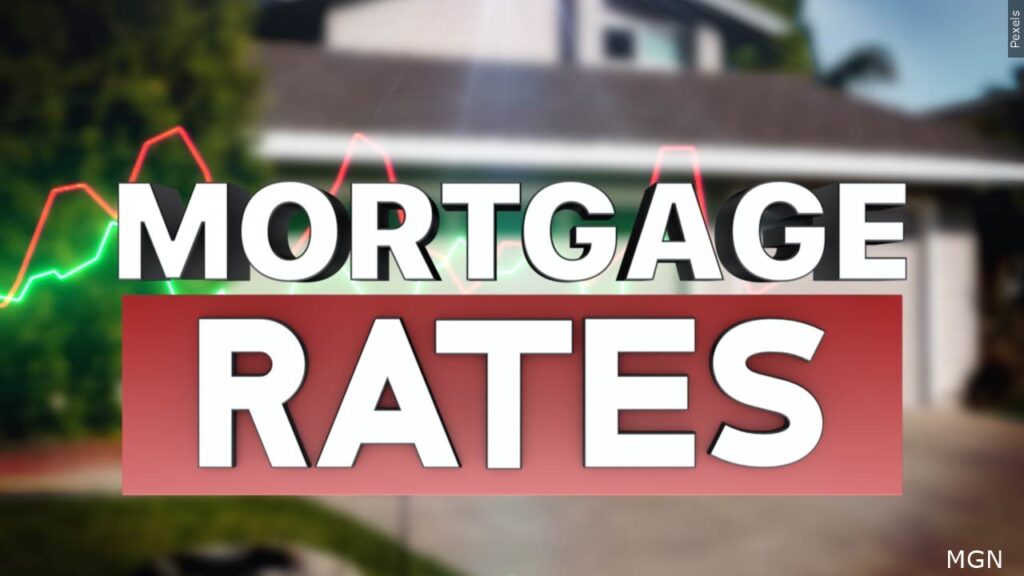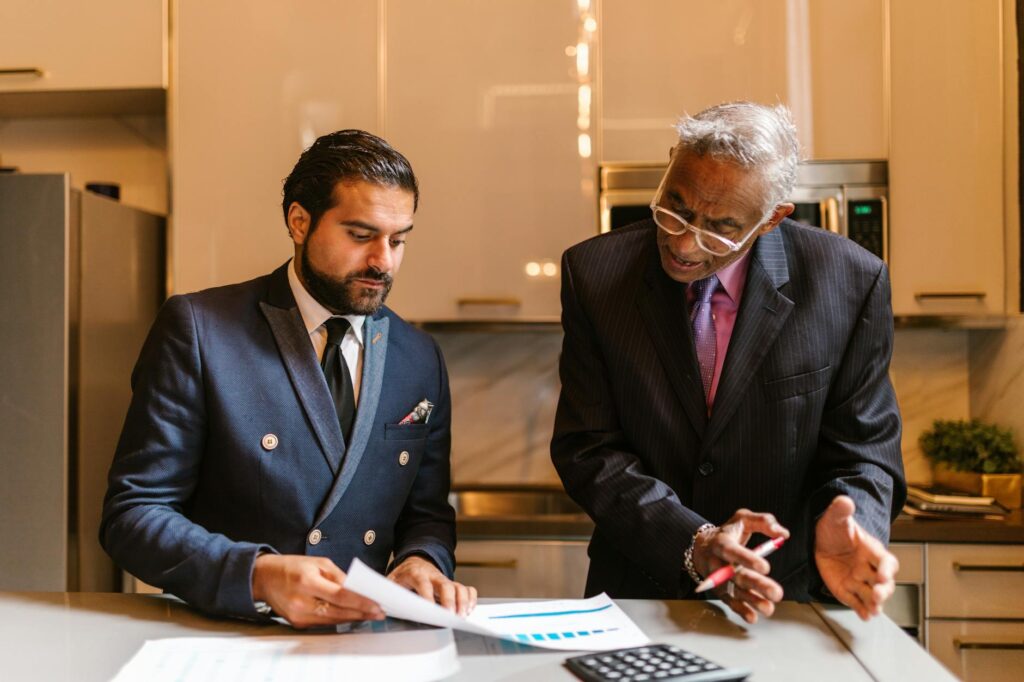Planning for retirement can feel overwhelming, but finding the right financial advisor can make all the difference. This guide helps you locate a trustworthy retirement financial advisor near you and navigate the process with confidence.
Understanding Your Retirement Needs
Before you start your search, take some time to understand your specific retirement goals. What kind of lifestyle do you envision? How much income will you need? Consider factors like healthcare costs, travel plans, and potential long-term care expenses. A clear picture of your needs will help you find an advisor who’s the right fit. 
Finding Local Advisors
Start by searching online for “retirement financial advisor near me.” You can also utilize resources like the National Association of Personal Financial Advisors or the Certified Financial Planner Board of Standards to find advisors in your area. Check online reviews and compare their services. Consider using a referral service or asking trusted friends and family for recommendations.
Checking Credentials and Experience
It’s crucial to verify an advisor’s credentials. Look for designations like CFP® (Certified Financial Planner) or ChFC® (Chartered Financial Consultant). These certifications indicate a commitment to professional standards and ongoing education. Review their experience and specialization; some advisors focus on specific areas like retirement planning or investment management. Learn more about advisor certifications.
Understanding Fees and Services
Financial advisors use different fee structures. Some charge an hourly rate, others a percentage of assets under management (AUM), or a combination of both. Clearly understand their fee structure upfront to avoid surprises. Inquire about the services they provide, including retirement planning, investment management, tax planning, and estate planning. A transparent fee structure is a sign of a reputable advisor. [IMAGE_2_HERE]
The Initial Consultation
Schedule a consultation with a few advisors to discuss your financial situation and goals. This meeting is an opportunity to assess their expertise, communication style, and overall suitability for you. Don’t hesitate to ask questions about their investment philosophy, risk tolerance, and how they’ll help you achieve your retirement goals. Preparing for your first consultation.
Building a Long-Term Relationship
Retirement planning is an ongoing process, not a one-time event. Choose an advisor you trust and feel comfortable with. Open communication is crucial for a successful long-term relationship. Regularly review your investment portfolio and adjust your plan as your circumstances change. [IMAGE_3_HERE]
Considering Different Investment Strategies
Your advisor should explain different investment strategies, tailoring a plan that aligns with your risk tolerance and financial goals. They should help you diversify your investments to mitigate risk. Understanding your investment options is key to making informed decisions. Explore investment options for retirement.
The Importance of Tax Planning
Tax planning is a crucial aspect of retirement preparation. A qualified advisor can help you minimize your tax burden in retirement through strategies like tax-advantaged accounts (IRAs, 401(k)s). This can significantly impact your overall retirement income. Consider consulting with a tax professional in conjunction with your financial advisor. Learn more about tax-efficient retirement planning.
Finding the right retirement financial advisor is a significant step towards securing a comfortable retirement. By carefully considering your needs, researching advisors, and building a strong relationship, you can confidently navigate this important phase of your life. [IMAGE_4_HERE]
Frequently Asked Questions
What qualifications should I look for in a retirement advisor? Look for certifications like CFP® or ChFC®, indicating a high level of professional competence and ethical standards. Experience in retirement planning is also important.
How much does a financial advisor typically cost? Fees vary widely, depending on the advisor’s fee structure. Some charge hourly rates, while others charge a percentage of assets under management (AUM).
How often should I meet with my financial advisor? The frequency of meetings depends on your needs and the complexity of your financial situation. You may meet annually for a review or more frequently if you have specific questions or require adjustments to your plan.
What questions should I ask a potential advisor? Ask about their experience, investment philosophy, fee structure, and how they will help you achieve your specific retirement goals.
Can a financial advisor help me with estate planning? Some financial advisors offer estate planning services. This often involves working with legal professionals to create a comprehensive estate plan.



